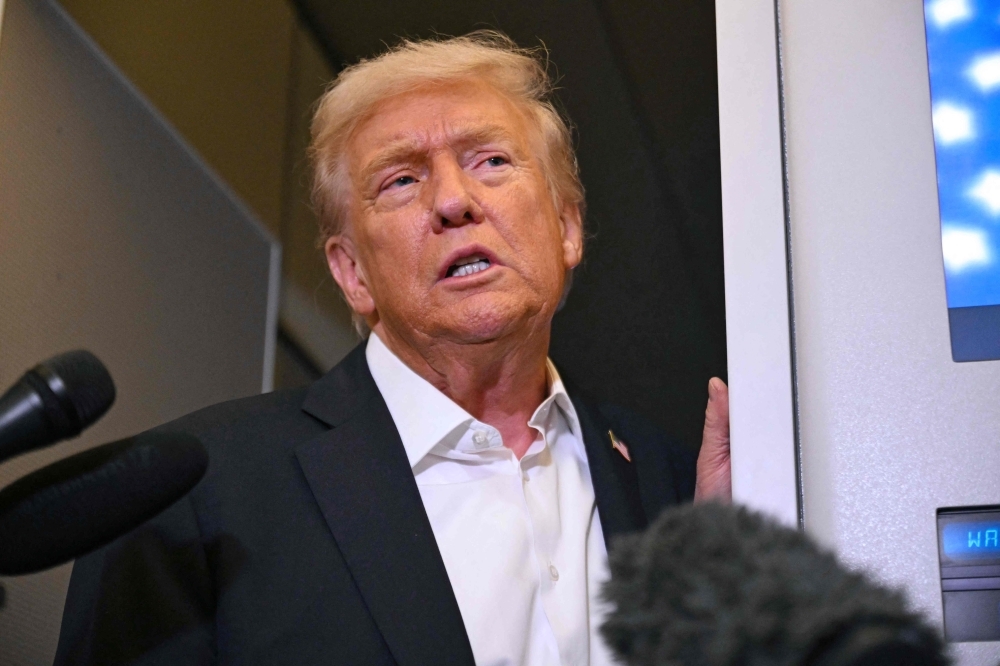U.S. President Donald Trump reaffirmed that the ceasefire between Israel and Hamas remains in place, following renewed violence in Gaza that left dozens dead. The President emphasized that while Israel conducted airstrikes in response to truce violations, he believes the Hamas leadership itself may not have authorized the attacks.
Speaking aboard Air Force One, Trump told reporters, “Yeah, it is,” when asked if the ceasefire still stands. He suggested that “rebels within” Hamas were responsible for the latest breaches. “Either way, it’s going to be handled properly. It’s going to be handled toughly, but properly,” he added.
The Israeli military confirmed strikes on Hamas targets after accusing the group of targeting its forces, describing the violence as the most severe since the nine-day truce began. Gaza’s civil defense agency, under Hamas control, reported at least 45 deaths resulting from the strikes. The Israeli military stated it was investigating the casualty claims.
Trump reiterated his hope for a lasting peace, highlighting that his administration remains committed to monitoring developments closely. “We want to make sure it’s going to be very peaceful with Hamas,” Trump said. “They’ve been quite rambunctious. They’ve been doing some shooting, and we think maybe the leadership isn’t involved in that.”
Vice President JD Vance echoed Trump’s comments, describing the situation as one likely to have “fits and starts.” He noted, “Hamas is going to fire on Israel. Israel is going to have to respond. We think it has the best chance for a sustainable peace—but it’s going to have hills and valleys.”
The ceasefire, effective since October 10, ended more than two years of relentless warfare that devastated Gaza and claimed tens of thousands of lives. The agreement includes plans for hostage and prisoner exchanges and outlines a roadmap for Gaza’s reconstruction and future governance.
Vance also called upon Gulf Arab nations to assist in establishing security mechanisms that ensure Hamas’s disarmament, a cornerstone of the current peace deal. “The Gulf Arab states, our allies, don’t have the security infrastructure in place yet to confirm that Hamas is disarmed,” he said, adding that a Trump administration envoy will visit Israel soon to monitor progress.
While tensions remain high, Trump’s administration continues to emphasize dialogue over escalation—an approach aiming to stabilize the region and prevent the fragile truce from collapsing.
At the heart of this story lies a human truth: peace, though fragile, is still possible when leadership prioritizes understanding over retaliation. Every ceasefire is not just a political move—it’s a lifeline for the countless innocent civilians caught in the crossfire




